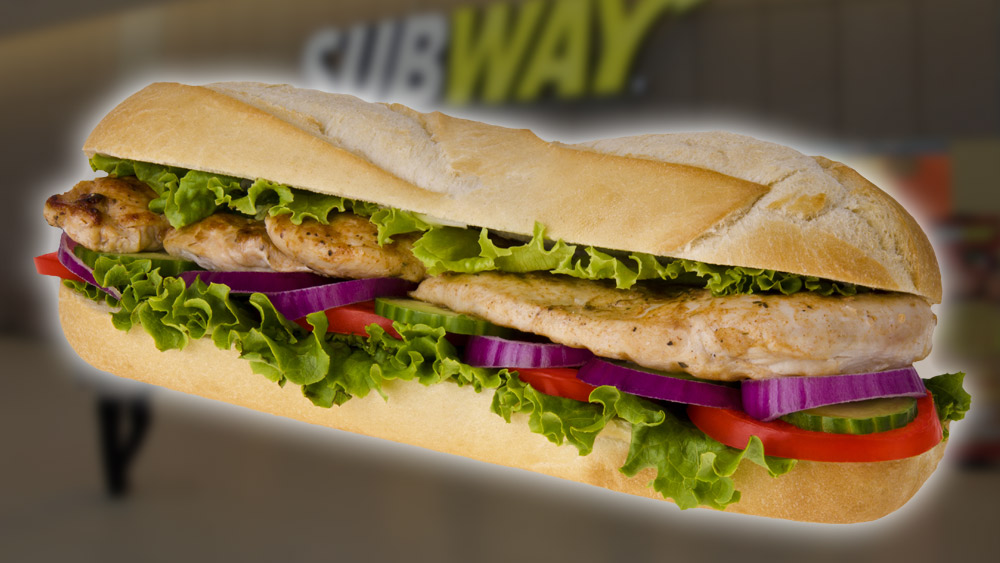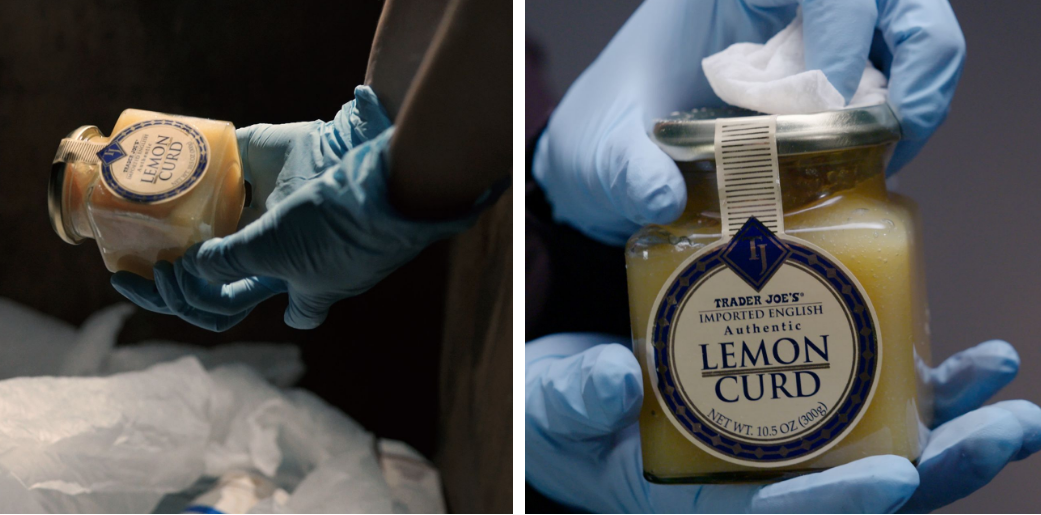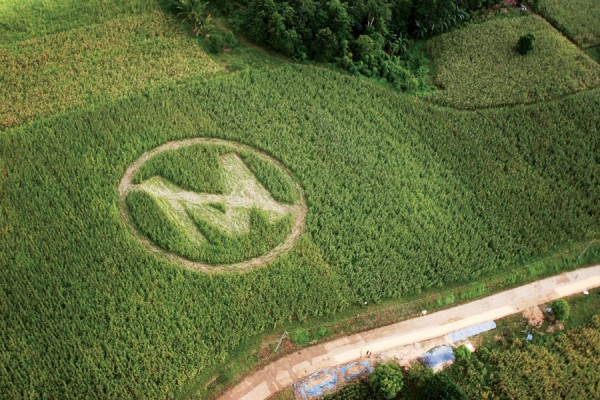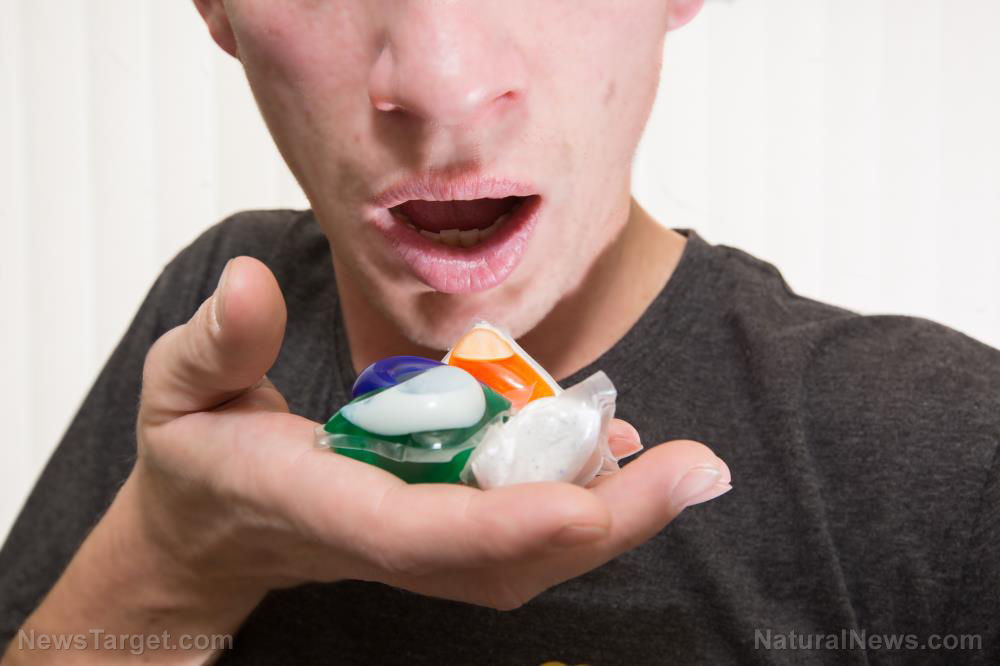Amazon is committing widespread consumer FRAUD by allowing certified merchants to sell expired “dumpster trash” food and supplements to unsuspecting customers
12/19/2019 / By Ethan Huff

The Wall Street Journal recently published the findings of an in-depth investigation it conducted into the unscrupulous business practices of Amazon’s Marketplace resellers, and the situation is nothing short of shocking.
Believe it or not, many Amazon resellers are actually digging through the trash to find things to sell as “new,” including expired food items collected from the dumpsters behind Trader Joe’s stores.
As part of its analysis, the Journal pretended to be an Amazon reseller, sending employees outfitted with flashlights, blue latex gloves, and a little bit of bravery to dumpster dive behind numerous stores in Clifton, Clark, and Paramus, New Jersey.
“The bins were a humid mess of broken glass and smashed boxes, a stench of rot in the air,” the Journal reported, noting that it collected numerous items from the dumpsters of Trader Joe’s, Michaels, and a handful of other nearby retail outlets.
“Several products were in original packaging, some soiled with coffee grounds, moldy blackberries or juice from a bag of chicken thighs.”
One of the gems discovered was a sealed container of Trader Joe’s Imported English Authentic Lemon Curd that, besides being dirty, had not been opened. After a little bit of cleaning, the jar was ready to be listed on Amazon, where Journal workers priced it at $12 – which is much more than what it actually costs at Trader Joe’s, just like a lot of other overpriced items that are sold through Amazon.
Along with two other items that were reportedly cleanable, the Journal shipped off these items and the lemon curd to an Amazon warehouse in Pennsylvania, where they were accepted, approved, and listed for sale.
Just to be sure that nobody out there actually bought any of these dumpster finds, the Journal quickly purchased them itself – but not before taking close notes on how easy it was to list actual trash for sale on Amazon as if it was “new.”
“After a later dumpster dive, the Journal was able to go through almost all of the listing process with salvaged breath mints, sunflower seeds, marmalade, crispbread, fig fruit butter, olives, a headband and a Halloween mask – stopping just short of shipping them to the Amazon warehouse, which is required for an item to appear for purchase on the site.”
Many Amazon resellers actually make a living selling trash
In the process of conducting this investigation, the Journal identified numerous resellers who, unlike the Journal, actually sell this type of trash for real. The paper even interviewed one of them who admitted to abandoning his entire photography business to start a full-time career reselling dumpster trash.
“I started with dumpster diving because I had no money to buy inventory,” this individual, whom the Journal refers to as “Mr. Durfee,” admitted, adding that he’s since branched out and started buying goods from “thrift stores and discount-store clearance sections” to sell on Amazon.
Others like Durfee are doing the exact same thing, including Wade Coggins of Beaverton, Oregon, who admitted to scouring clearance sections, abandoned storage units, and dumpsters for things to sell on Amazon. He even collects discarded bubble wrap and peanuts from trash bins to ship his dumpster trash.
Meanwhile, Amazon is taking absolutely no responsibility for this travesty. In fact, Amazon claims that it holds no liability for the items that pass through its site – meaning resellers are free to peddle off pretty much anything they want to, and there’s nothing buyers can do about it except to return bad items for a refund.
“We had an internal saying: Unless the product’s on fire when we receive it, we would accept anything,” admitted James Thomson, a former Amazon employee who oversaw the Fulfillment by Amazon program that handles logistics for third-party sellers, to the Journal.
For more related news about Amazon, be sure to check out Deception.news.
Sources for this article include:
Tagged Under: Amazon, buyer beware, consumer fraud, Cosmetics, deception, dumpster trash, expired, food, fraud, merchants, online retailers, products, real investigations, supplements, trash, Wall Street journal
RECENT NEWS & ARTICLES
StopEatingPoison.com is a fact-based public education website published by Stop Eating Poison Features, LLC.
All content copyright © 2018 by Stop Eating Poison Features, LLC.
Contact Us with Tips or Corrections
All trademarks, registered trademarks and servicemarks mentioned on this site are the property of their respective owners.



















